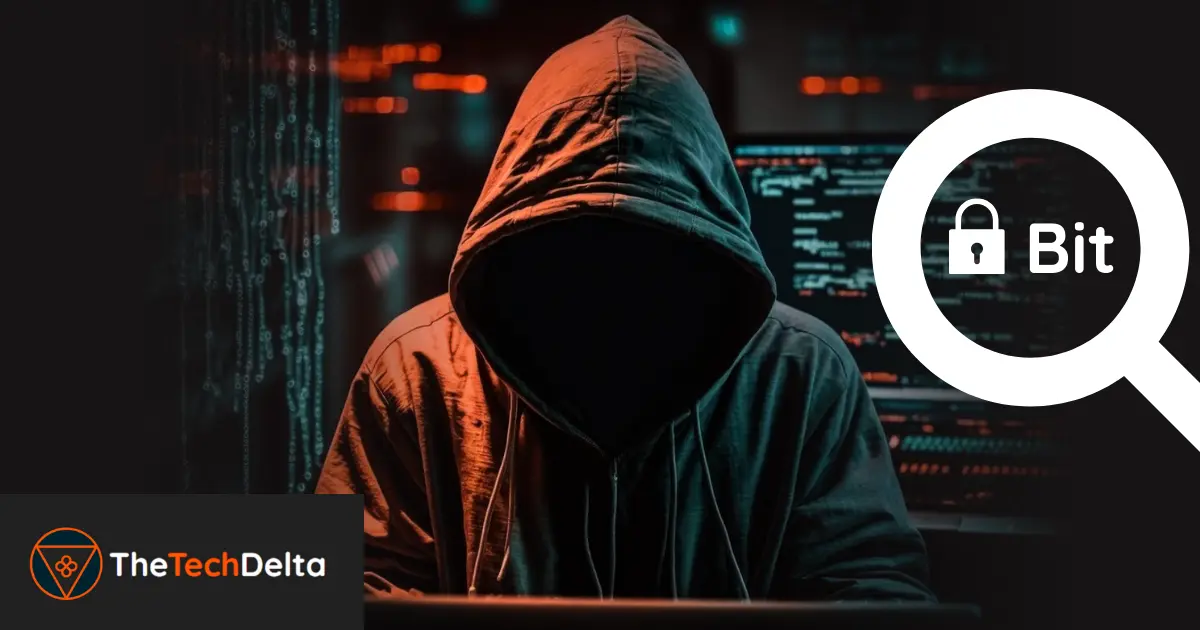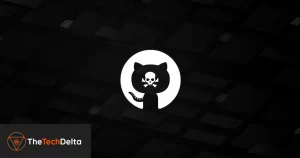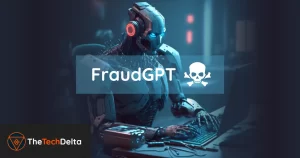The revelation of Dmitry Yuryevich Khoroshev as the mastermind and developer of the LockBit ransomware operation has raised significant concerns in the cybersecurity realm.
Khoroshev, a 31-year-old Russian national, has been identified by the U.K. National Crime Agency (NCA), and his actions have led to international sanctions and indictments.
This unmasking represents a watershed moment in the ongoing battle against cyber threats, particularly ransomware. The exposure of Khoroshev’s identity highlights the intricate web of cybercrime and the individuals behind these malicious operations.
It serves as a stark reminder of the evolving nature of cyber threats and the need for constant vigilance in safeguarding digital assets.
The implications of Khoroshev’s involvement in the LockBit ransomware operation extend far beyond individual cyber incidents.
They speak to broader issues of international cybersecurity cooperation and the challenges faced by law enforcement agencies in combating transnational cybercriminal networks.
The collaborative effort that led to Khoroshev’s identification underscores the importance of global partnerships in addressing cyber threats effectively. Lets dive into this in detail below.
Also Read : The Expanding Threat to Linux Servers from Akira Ransomware
International Sanctions and Legal Actions
Khoroshev’s identity came to light as a result of coordinated efforts by various international agencies. He has been sanctioned by the U.K. Foreign, Commonwealth and Development Office (FCD), the U.S. Department of the Treasury’s Office of Foreign Assets Control (OFAC), and the Australian Department of Foreign Affairs.
Moreover, the U.S. Department of State has offered a substantial reward for information leading to his arrest.
As a core LockBit group leader and developer of the LockBit ransomware, Khoroshev has performed a variety of operational and administrative roles for the cybercrime group, and has benefited financially from the LockBit ransomware attacks,” the U.S. Treasury Department said
These sanctions represent a concerted effort by the international community to hold individuals accountable for cybercrimes that pose significant risks to national security and economic stability.
By targeting Khoroshev’s assets and restricting his ability to travel, authorities aim to disrupt his involvement in criminal activities and deter others from engaging in similar behavior. The imposition of sanctions sends a clear message that there will be consequences for those who seek to profit from cybercrime.
The legal actions taken against Khoroshev underscore the seriousness with which governments view cyber threats. The indictment unsealed by the Department of Justice (DoJ) outlines multiple charges, including conspiracy to commit fraud, extortion, wire fraud, and intentional damage to protected computers.
These charges carry severe penalties, including lengthy prison sentences and substantial fines, reflecting the gravity of the offenses.
Impact on Cybersecurity Landscape
The unmasking of Khoroshev sheds light on the inner workings of the LockBit ransomware operation. It marks a significant milestone in law enforcement’s efforts to dismantle cybercriminal networks.
The NCA and other agencies continue to investigate affiliates associated with LockBit, aiming to prevent further ransomware attacks on critical infrastructure and businesses.
The exposure of Khoroshev’s role as a key figure in the LockBit operation provides valuable insights into the tactics and techniques employed by ransomware groups.

It enables cybersecurity experts to better understand the motivations driving these actors and develop more effective strategies for detecting and mitigating ransomware attacks.
By disrupting the operations of groups like LockBit, law enforcement agencies contribute to a safer and more secure online environment for individuals and organizations alike.
The impact of Khoroshev’s unmasking extends beyond the immediate implications for the LockBit ransomware group. It serves as a warning to other cybercriminals that their activities will not go unnoticed and that they will be held accountable for their actions.
The collaborative efforts that led to Khoroshev’s identification demonstrate the effectiveness of international cooperation in combating cyber threats and highlight the importance of ongoing collaboration between governments, law enforcement agencies, and private sector partners.
Demise of LockBit Ransomware Group
The LockBit ransomware group, once notorious for its widespread attacks, has faced a considerable setback following the dismantling of its operations.
The group’s business model, which involved licensing ransomware software to affiliates, has been disrupted. Despite attempts to resurface, LockBit’s capacity to inflict harm has been significantly reduced.
The demise of the LockBit ransomware group represents a significant victory for law enforcement agencies and cybersecurity experts. It demonstrates the effectiveness of coordinated efforts to disrupt cybercriminal networks and dismantle their infrastructure.
By targeting key figures like Khoroshev and dismantling the operations of groups like LockBit, authorities send a clear message that ransomware attacks will not be tolerated and that those responsible will face consequences for their actions.
The disruption of LockBit’s operations has broader implications for the cybersecurity landscape. It deprives cybercriminals of a lucrative revenue stream and reduces the overall threat posed by ransomware attacks.
However, it is important to remain vigilant, as other ransomware groups may seek to fill the void left by LockBit’s demise. Continued collaboration between government agencies, law enforcement, and the private sector is essential to staying ahead of evolving cyber threats and protecting against future attacks.
Conclusion
The identification and legal actions against Dmitry Yuryevich Khoroshev underscore the international community’s commitment to combating cybercrime.
While the threat of ransomware attacks persists, the unmasking of key figures like Khoroshev serves as a deterrent and a step forward in safeguarding digital infrastructure and protecting businesses worldwide.
The collaborative efforts of law enforcement agencies, government entities, and cybersecurity experts have proven instrumental in disrupting cybercriminal networks and holding perpetrators accountable for their actions.
Moving forward, continued cooperation and vigilance will be essential in addressing emerging cyber threats and ensuring a secure and resilient cyber landscape for all.
If you found these security learnings valuable, don’t miss out on more exclusive content. Follow us on Twitter and Instagram to stay informed about emerging threats and developments.
Check out the Cyber Safety Section and Subscribe our Newsletter, Join our community and gain access to the latest cybersecurity trends to bolster your defense against evolving threats & associated risks 🙂



